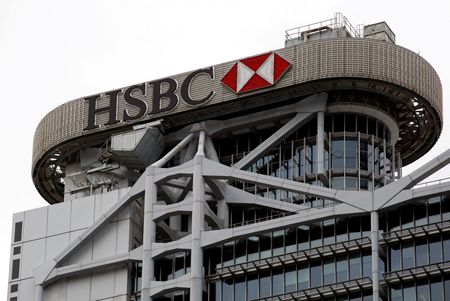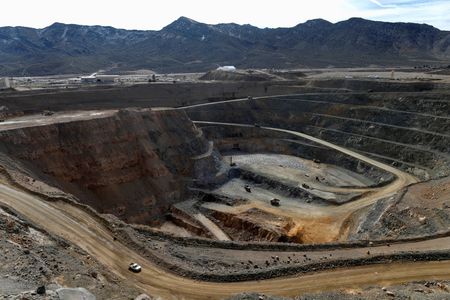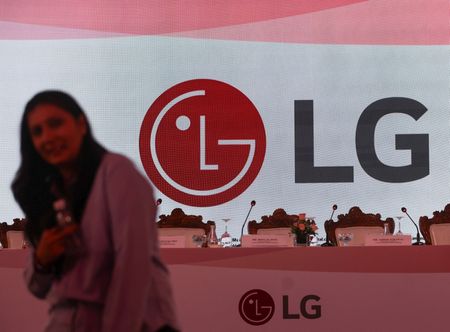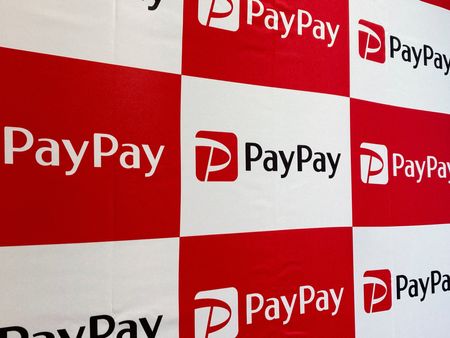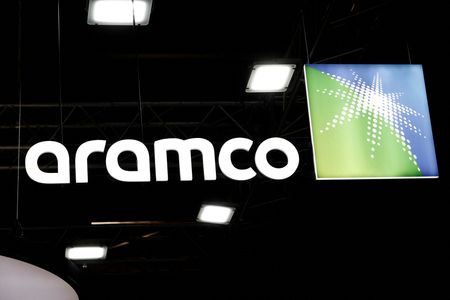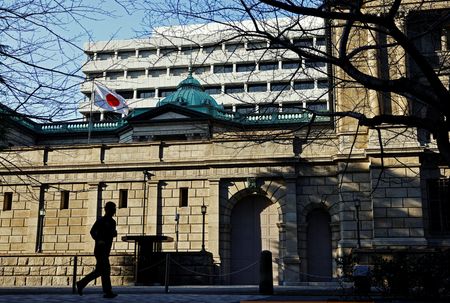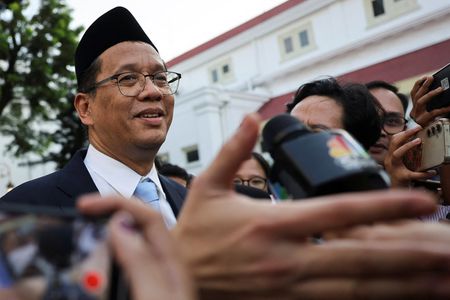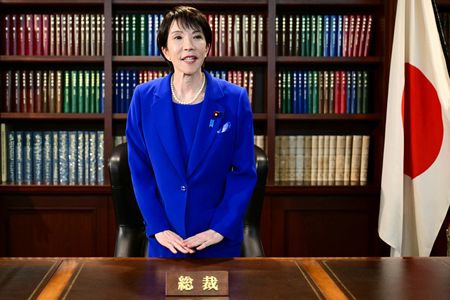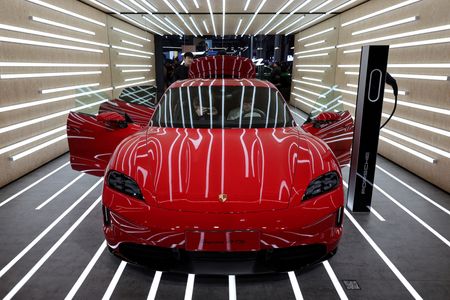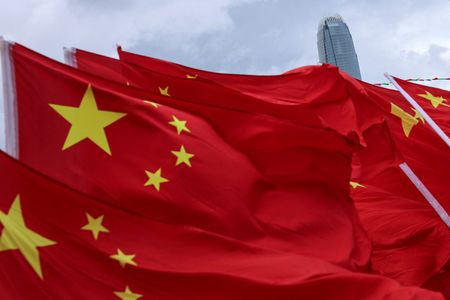(changes headline to read billion (not bln)
By Selena Li, Tommy Reggiori Wilkes and Scott Murdoch
HONG KONG/LONDON (Reuters) -HSBC plans to buy out minority investors in Hong Kong’s Hang Seng Bank for HK$106.1 billion ($13.6 billion), paying a premium and halting its own share buybacks to acquire a lender hit hard by the local property market downturn.
The proposed acquisition sent HSBC shares 6% down, but HSBC CEO Georges Elhedery said on Thursday the move was “absolutely not” driven by pressure to bail out Hang Seng.
The deal contrasts with a string of divestments made by HSBC under Elhedery, who a year ago set out to try and cut costs and simplify the lender’s sprawling operations.
HSBC HAS FIREPOWER FOR DEALS
He told Reuters the move on Hang Seng showed that HSBC had the firepower to do deals, and it would look at more acquisitions while also continuing with divestments.
“We are capital generative and we have the financial strength to go out and acquire,” he said, noting that Hong Kong, the United Kingdom, transaction banking and wealth were its priority areas for growth.
Elhedery believes he can extract value by delisting Hang Seng shares and streamlining operations, and said it would be more accretive for HSBC shareholders than spending the money on buybacks.
HSBC will offer HK$155 per share for the 36.5% of Hang Seng’s shares it does not own, it said, a 30.3% premium to Wednesday’s closing price, giving a total valuation of $37 billion.
Hang Seng Bank shares surged 26%, but HSBC shares fell in London and Hong Kong.
“While strategic rationale is compelling, and this seems a sensible overall use of capital, we expect investors will query why now and at this price,” Citi analysts said in a note.
SHARE BUYBACKS PAUSED TO BUILD UP CAPITAL
Elhedery, who took the helm last year, launched a global overhaul that saw the lender sell off or wind down businesses across Europe, North America and some Asia Pacific markets.
But Hong Kong emerged as a standalone division after the restructuring, along with three other key operations.
Elhedery told reporters earlier on Thursday that with 100% ownership, the banks would seek to align product manufacturing and international networks.
HSBC would pause its share buybacks for about three quarters to build up the capital required for the deal, he said.
Morningstar’s senior equity analyst Michael Makdad said the acquisition would be the biggest in Hong Kong for over a decade and was a positive move considering parent-subsidiary double listings were inherently problematic in terms of governance.
“HSBC will need to pay a premium … but there should be some opportunities for cost synergies,” he added.
RISING BAD LOANS
Hang Seng has reported rising bad loans over the last few years due to its relatively high exposure to the Hong Kong and mainland Chinese property markets.
Debt-laden property developers in Hong Kong and their creditors are set to face intensifying financial pressure as bond maturities are slated to jump by nearly 70% next year.
Hang Seng’s impaired loans reached 6.7% of its gross loans as of June 2025, up sharply from 2.8% at the end of 2023.
Reuters last year reported that due to worries about a potential rise in bad loans amid growing economic headwinds and the property sector crisis in China, HSBC in early 2024 started planning to tighten risk management at Hang Seng.
Elhedery said HSBC remained “constructive on the outcome for the sector in the medium to long term” while acknowledging short-term challenges, particularly for the office sector.
HSBC said the deal would have a negative impact of about 125 basis points on its common equity tier 1 (CET1) ratio, which stood at 14.6% at the end of June. But it expected to restore its CET1 ratio to its target operating range of 14.0% to 14.5% through organic capital generation and by pausing share buybacks.
The offer price is final, HSBC said, adding that it does not reserve the right to revise it.
($1 = 7.7815 Hong Kong dollars)
(Reporting by Selena Li in Hong Kong, Scott Murdoch in Sydney and Tommy Reggiori Wilkes in London; Additional reporting by Donny Kwok in Hong Kong, Li Gu in Shanghai and Adwitiya Srivastava; Editing by Jamie Freed, Kim Coghill, Elaine Hardcastle and Emelia Sithole-Matarise)

